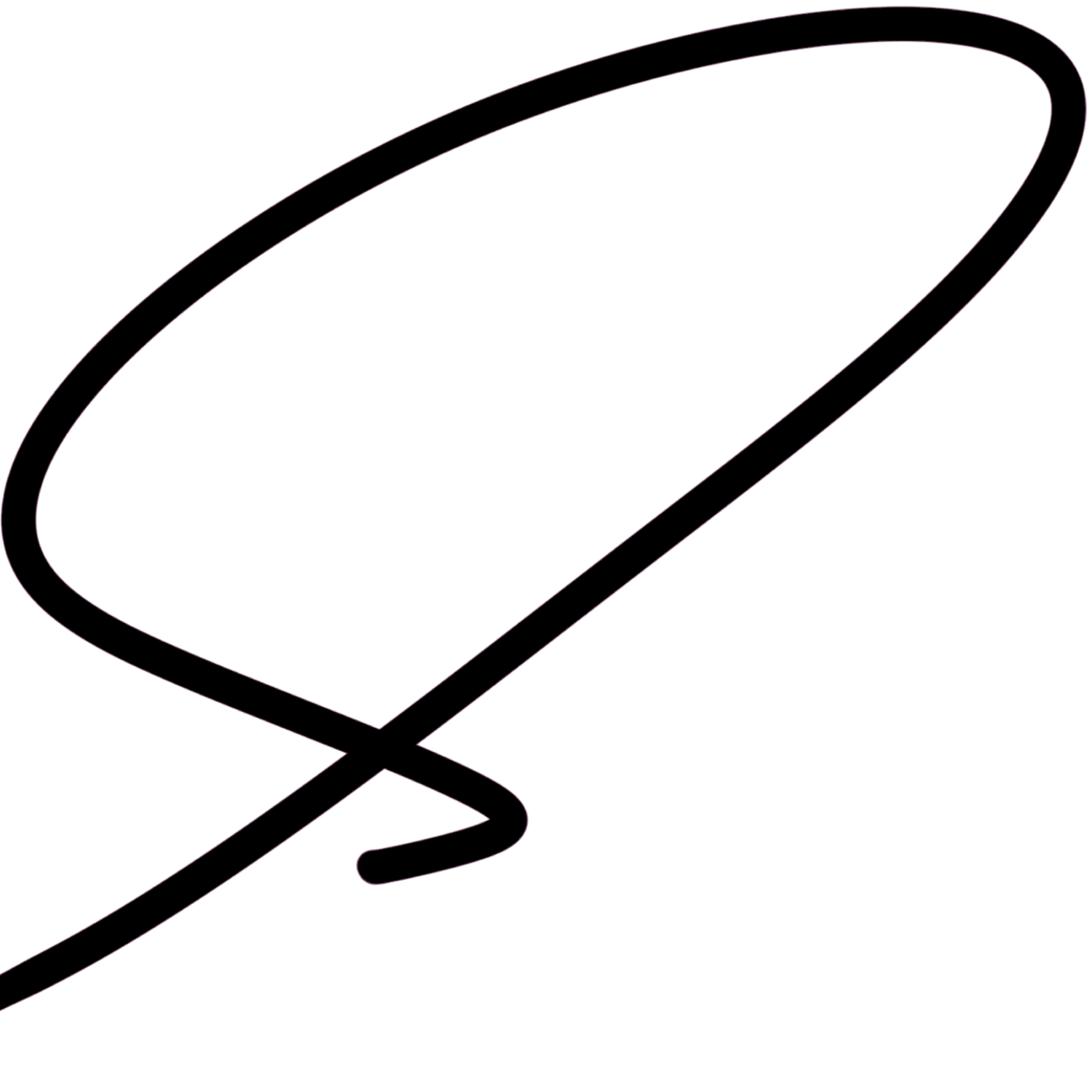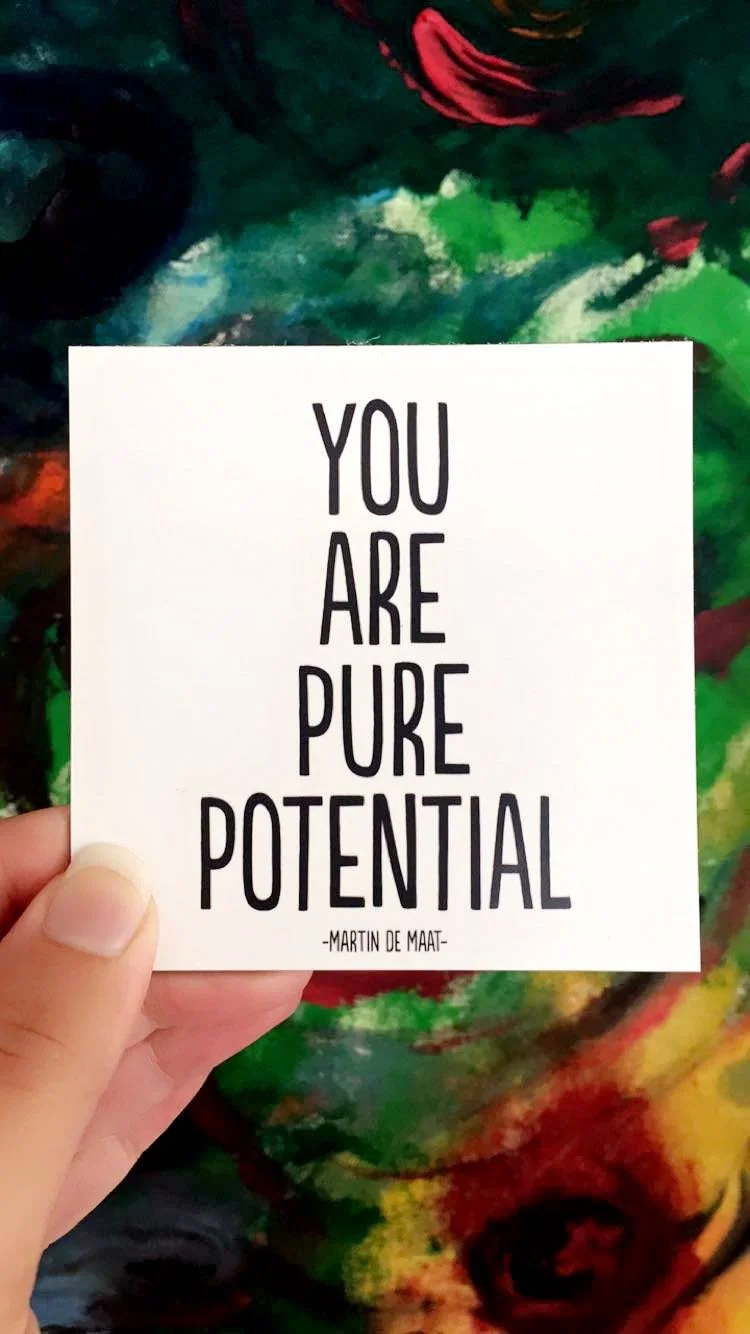On Talent
You are pure potential. I resonate with these words on every level of my existence. This phrase is not limited to the general energy that individuals exude but also to the idea that you can and are capable of doing just about anything. These words helped me seek and build myself, my skills, and my values. I have thrived on the edges of systems, constantly learning, and building. The fundamental was always the conviction, that I have the energy and potential to do so. In this essay, I try to combine and connect the dots of what individual talent means to me and the kind of talent I am in the progress of becoming and hiring.
What is individual talent?
Short answer:
Any individual who:
Understands Dynamism
Understand Individualism
Is curious
Is a learner
Is a doer
Is non-conforming to the systems in place, especially without critically thinking through
Is authentic
Understands vulnerability and self-reflection
Is radically open-minded
Is generous
Long Answer:
First and foremost, the basis of my entire framework is the idea of flux. It is much like the dynamism of the universe expressed in the laws of thermodynamics. Talent is no different within this constant flux; it's dynamic and ever-evolving. Unfortunately, today's talent systems are incapable of capturing dynamism, but this is a topic of its own that I'll explore some other time.
Combining the flux framework with the philosophy of individualism, we have a seeker with self-interests at hand and the freedom to be and do. This idea of self-actualization, individual right, and capacity marks an ever-evolving individual. She is here to pursue, persist, and progress.
A primary underlying principle of Zen Buddhism states: 'when a pupil is ready, a teacher will appear.' Relentless curiosity and the urge to unveil and explore lead to an undying sense of wonder. This wonder is what has brought remarkable progress in this world. Approaching everything with this mindset to learn, listen, and understand can cut short the learning and unleashing period. This principle helps build a discipline around your curiosity. When I say curiosity, it is not childish, the relentless questioning without thinking. It is more the question of why, what should exist in this world, and why it is not already there?
Things start to get interesting here, as now the unfamiliar is chosen over the familiar. The cliche idea of 'growth happens outside of comfort zone,' well, this is that step. Constant seeking and experiencing make the individual find the unfamiliar the unprecedented. One of my political philosophy professors called this the surge of the unknown, the thrill of it. Uncertainty is the natural fabric of this world. Yet change scares people the most. It makes sense because our brain is continually trying to map patterns. When the least amount of information is present, our limbic response is fight or flight, the survival instinct or anxiety. For some, accepting uncertainty and unfamiliarity is easy; for others, it's a constant reinforcement.
Once you have accepted uncertainty, it is only natural not to accept conventional wisdom. The rules, the laws, the status games, everything was put in place and are useless to a greater extent. If you want to do it, you need no degrees or fancy courses, learn and do. You break out of conventions. Living and growing like this is hard. It requires energy to reach the escape velocity but once achieved, you are unstoppable.
Authenticity and not shying away from expressing what you think helps build a sense of your perspective and how others see things. The more you build on the fundamentals shared above, the more you recognize and accept the authentic wiring and thinking patterns you and others bring to the table. Authenticity and vulnerability are interlinked. If you are willing to fail and remain vulnerable to the failures that you might not know, you will only grow for the better. Accepting that you might not know, it puts many things into perspective. This powerful idea has helped me understand my limits and the places I need help and seek. Authenticity with vulnerability and self-reflection only makes one resilient in the face of any adversity, challenge, or question.
Alas, you are not living in a vacuum. You need a team, and that's where you need to cultivate radical open-mindedness. Radical open-mindedness is another topic of its own, but the general idea is accepting diverse perspectives and diversity of mindset and information environments. There are other thoughts about meetings and decision-making instead of this that I will talk about in another essay. It is to learn, accept perspectives, and reach beyond yourself towards what needs to be done. The focus should always remain on what needs to get done.
Lastly, I will touch upon the generosity and an abundance mindset. Individuals with an abundance mindset and generous attitude combined with the idea that competition is for losers are the ones who can work on long games.
To me, this is talent. It is the relentless pursuit of becoming the Magnus Opus version of ourselves, doing, and adding to this world.
I want to end by paraphrasing Steves Jobs's iconic words: the ones who are crazy enough to think they can change the world usually do.
Disclaimer: This is a WIP document and will change as I learn and evolve. Additionally, the fundamental principles discussed here have an in-depth analysis of their own.

